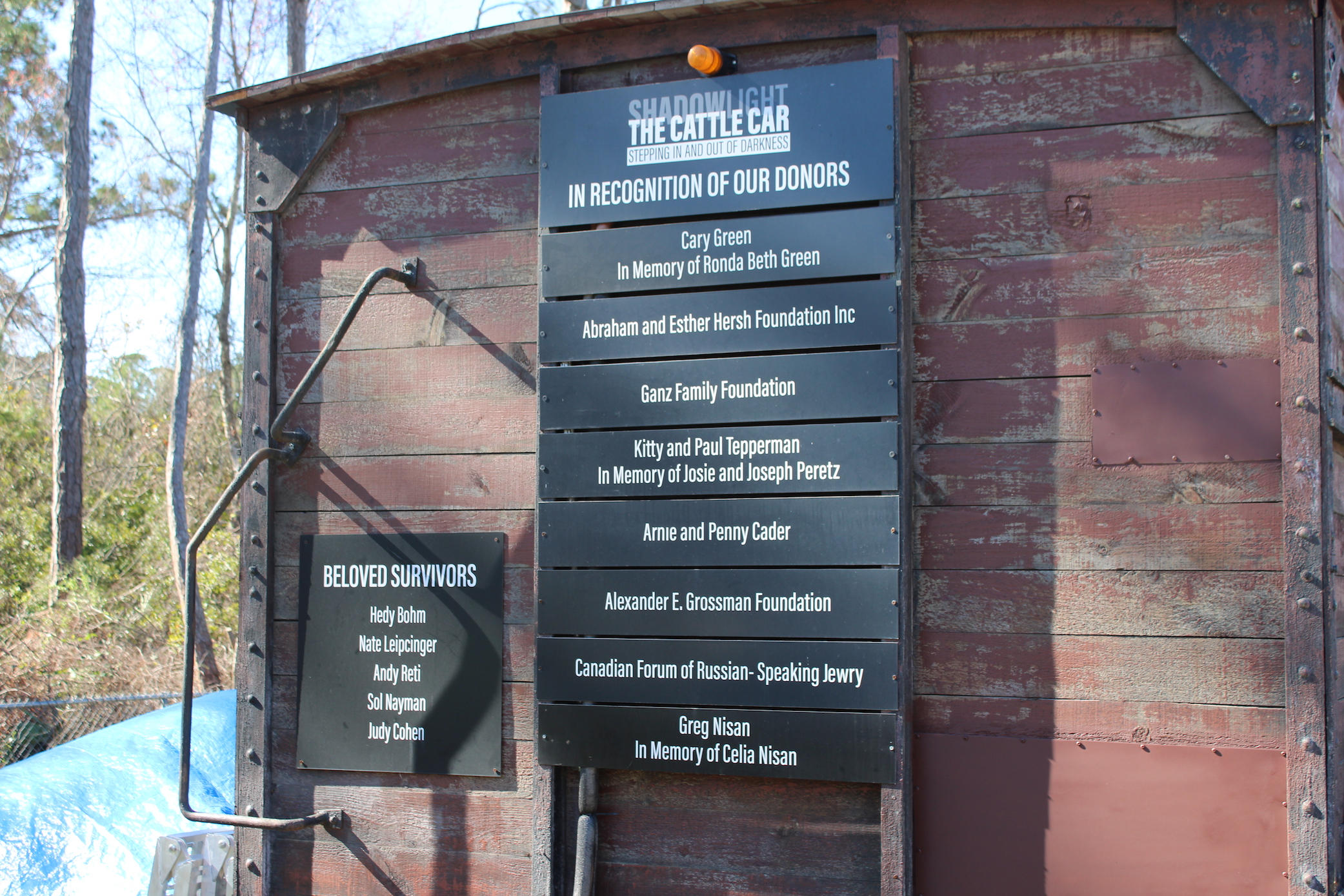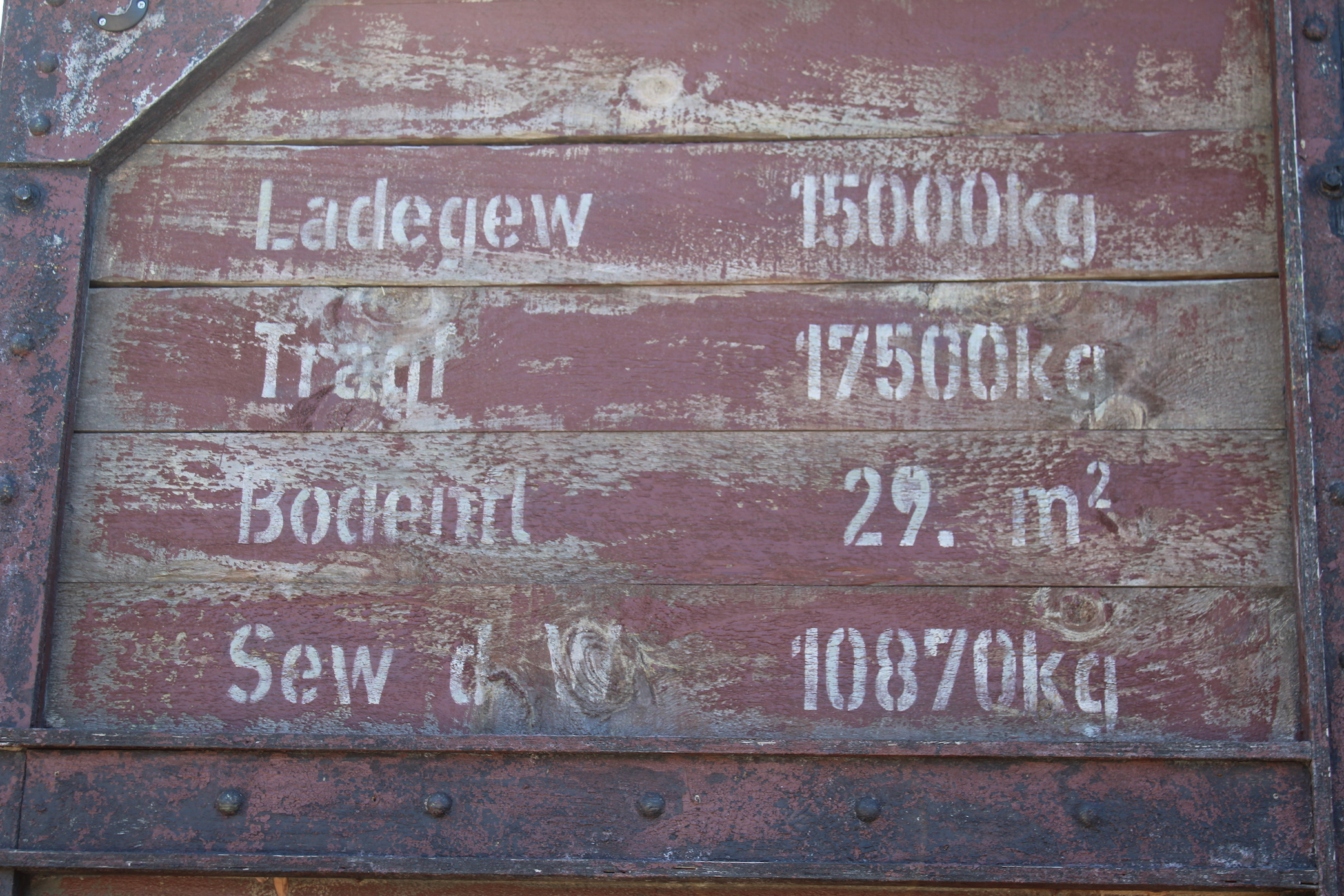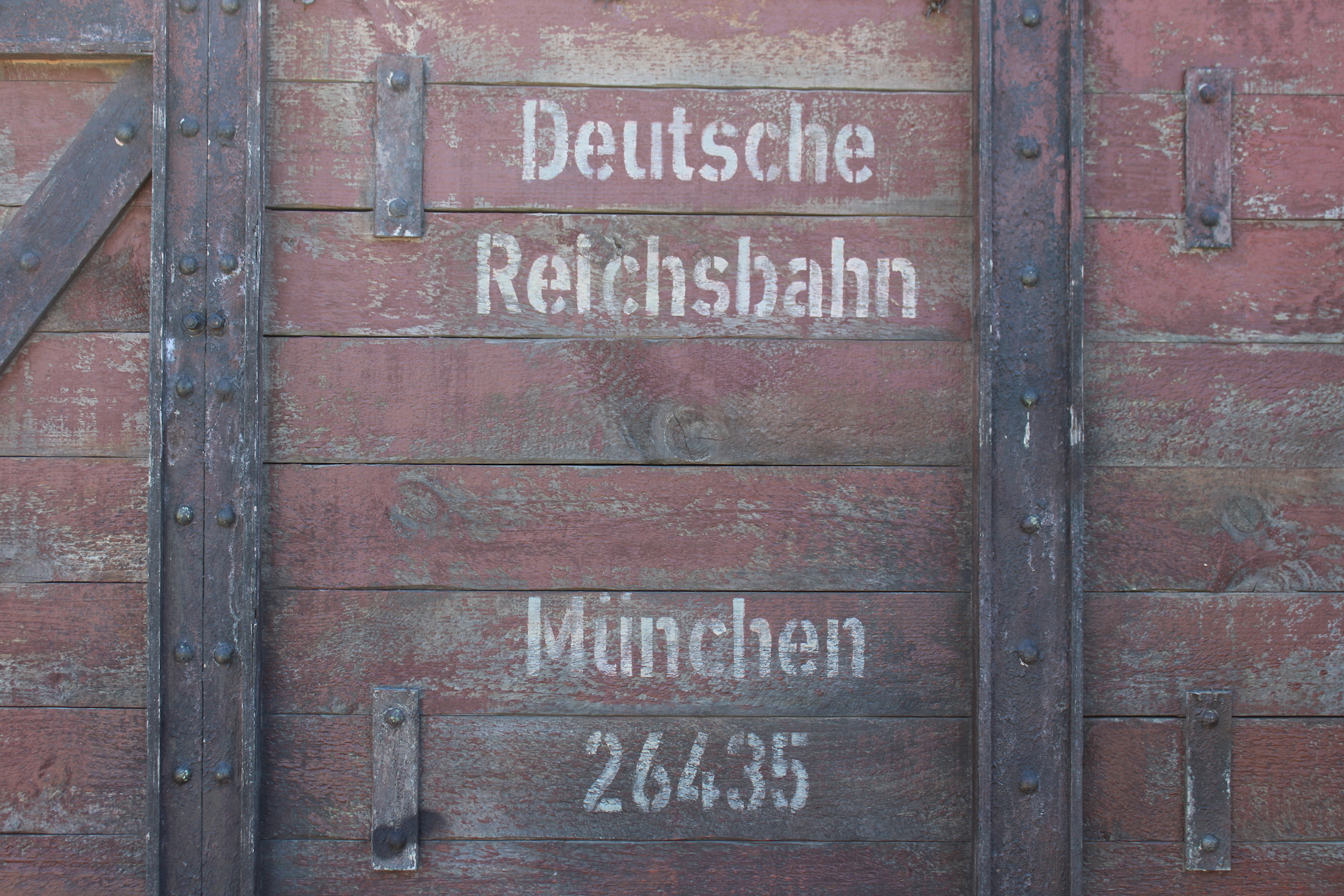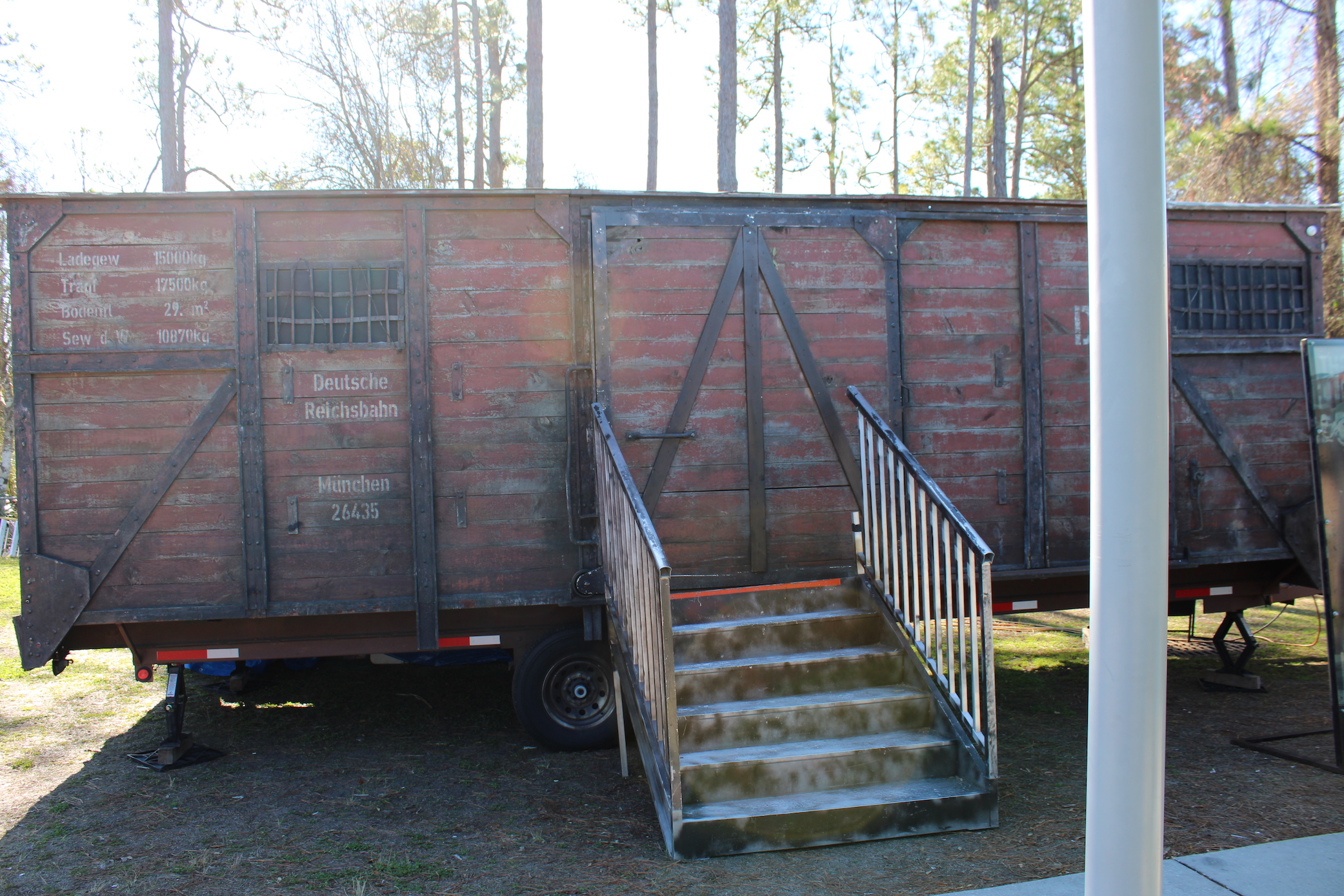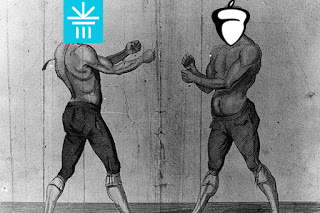By James Grossman and Rachel Bacchus
From Jan. 23 to Jan. 24, the organization Hate Ends Now and their “The Cattle Car” exhibit visited Ponte Vedra High School (PVHS). The goal of the organization is to spread awareness about bigotry in the past and present, specifically highlighting the Holocaust and its impact on the prejudice against Jewish populations.
The Cattle Car is a train car depicting conditions similar to that of what many European Jewish populations experienced while being transported to concentration camps such as Auschwitz. The conditions were inhumane, and many died even before reaching their destination. Students were allowed to enter the cattle car to try and image just a little of what Jewish populations had to withstand for usually weeks on end.
In addition, a survivor of the Holocaust, Hetty Verolme also came to PVHS to share her experiences. She recounted her early years, when she was a young child who had no understanding of the gravity of the situation. Born in 1930, Ms. Verolme lived her early life completely oblivious to the war and hatred surrounding Jewish populations in Germany. “I was in grade ten when I became aware what was going on…we were jammed for three days and three nights [in a cattle] with two pails, [one for water and one for waste purposes].” Representatives of Hate Ends Now explained beforehand that dozens upon dozens of European Jews would be jammed into the vehicles, with no access to restrooms and very little food or water. Most of the cattle cars had room only for standing, making sitting or laying down an impossible task and having room to breathe a challenging task.
In addition, Ms. Verolme also shared the conditions that she faced upon arriving in Auschwitz. She recounted that each camp was as “big as eight or nine football fields…and there were dozens of them [it’s estimated that Nazi Germany established over 44000 concentration camps].” She described what happened upon her arrival, where “Anyone old…or not strong enough for factories were sent to the gas chambers…Within a minute [and passing], all the men were gone with no chance to say goodbye and then we marched away [as men and women were separated during the division].”
In addition to Ms. Verolme’s story, there was also a featured exhibit with artifacts from the Holocaust. These ranged from a children’s book filled with Nazi propaganda used to teach German children to read, prisoner uniforms used by enslaved workers, and other items. The exhibit stressed the impact of the societal hatred for Jewish populations that drove the Holocaust.
Today, it is estimated that under 50,000 Holocaust survivors are still alive. Given this, a major idea that Hate Ends Now was trying to demonstrate to PVHS students was that understanding the motivations and impact of the Holocaust has never been more important. Hate Ends Now tried to show that the Holocaust was not a grab at power, it stemmed from the normalization and acceptance of hate. Hate Ends Now believes that in order to move past hate in the modern world, new generations need to be able to stand up against hate as they would against a bully.
